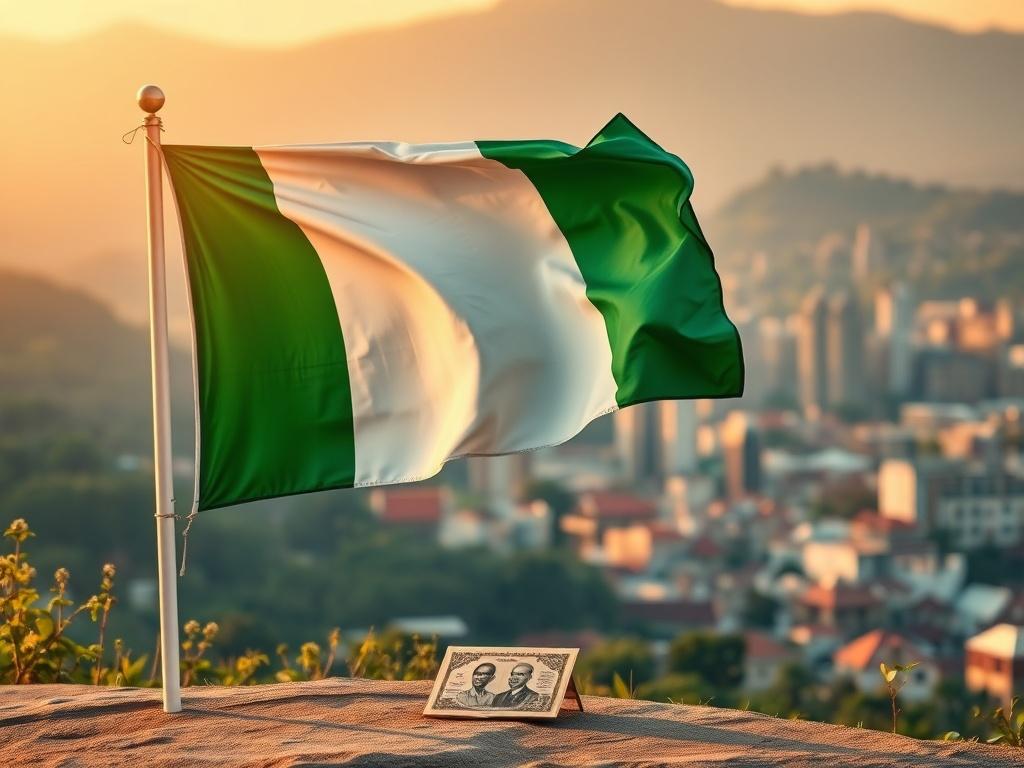Website designed with the B12 website builder. Create your own website today.
Start for free
Nigeria Independence Day stands as a pivotal moment in the nation’s history, marking the end of colonial rule and the beginning of self-governance. Celebrated annually on October 1st, this day is not just a reminder of the past but also a celebration of the resilience and strength of the Nigerian people. From its early political struggles to the significant milestones achieved along the way, the journey to independence reveals the determination of a nation aimed at carving its own identity and destiny. This article delves into the political journey leading to Nigeria Independence Day, examining the circumstances that set the stage for this historic moment and its lasting significance.
Understanding the importance of Nigeria’s independence extends beyond merely acknowledging the date; it requires reflection on the myriad ways this occasion is celebrated across the country today. The festivities highlight the vibrant tapestry of Nigerian culture and foster a sense of national pride among citizens. From parades and speeches to cultural displays and communal gatherings, the ways in which Nigerians observe their independence serve as a testament to the country’s unity and diversity. In this blog post, we will explore the remarkable ways Nigeria Independence Day is celebrated, as well as its profound impact on the nation’s identity and political landscape over the years.
The political journey to Nigeria independence day: A historical overview
The political journey to Nigeria's independence day is marked by a series of significant events and movements that shaped the nation’s quest for self-governance. British colonization began in the late 19th century, leading to the amalgamation of the Northern and Southern protectorates in 1914. Nationalist sentiments gathered momentum in the early 20th century, with influential figures like Nnamdi Azikiwe and Obafemi Awolowo emerging to advocate for political reform and greater autonomy. The formation of the National Council of Nigeria and the Cameroons in 1944 further galvanized the push towards independence, creating a platform for dialogue and agitation against colonial rule.
As World War II concluded, the desire for independence intensified, fueled by global decolonization movements. The 1946 Richard Constitution initiated limited self-governance, but it was the series of constitutional reforms—especially the 1954 Lyttleton Constitution—that laid the groundwork for Nigeria's independence. On October 1, 1960, Nigeria finally achieved self-governance, marking a pivotal moment in the nation’s political journey and the culmination of decades of struggle. This historical backdrop is essential for understanding the significance and impact of Nigeria independence day, celebrated annually to honor the resilience and aspirations of the Nigerian people.
Circumstances that gave birth to Nigeria independence day: Understanding the context
The journey to Nigeria's independence day in 1960 was shaped by a series of complex socio-political and economic circumstances. The impact of British colonialism created significant unrest among the Nigerian populace, leading to demands for self-governance. After World War II, the world saw a wave of decolonization, and Nigeria was no exception. Political movements began to emerge, spearheaded by visionary leaders like Nnamdi Azikiwe, Obafemi Awolowo, and Ahmadu Bello, who advocated for political rights and greater autonomy. Their efforts culminated in the formation of political parties and eventually led to the demand for independence, reflecting a collective yearning for self-determination among Nigerians.
As the British colonial government recognized the pressing need for reform, a series of constitutional changes paved the way for Nigeria's independence. The 1946 Richard Constitution introduced regional representation, while the 1954 Lyttleton Constitution marked a significant step towards self-governance by allowing Nigerians to elect their representatives. The growing push for independence gained momentum with the emergence of the nationalistic fervor in the 1950s, culminating in the 1960 Independence Act. This legislative measure signified the end of colonial rule and established Nigeria as a sovereign nation. The circumstances surrounding Nigeria's independence day reflect a historical context of struggle and resilience, showcasing the determination of its people to forge a path toward self-governance and national identity.
Remarkable ways Nigeria independence is being celebrated all over Nigeria: A reflection of national pride
Nigeria Independence Day, celebrated on October 1 each year, brings an explosion of national pride across the country. From parades and cultural displays to music festivals and community gatherings, Nigerians take to the streets in vibrant displays of their heritage. Major cities like Lagos, Abuja, and Port Harcourt organize grand parades featuring traditional dancers, musicians, and floats showcasing the diverse cultures that make up the nation. Schools often participate with their own programs, allowing students to dress in traditional attire and perform songs and dances that highlight Nigeria's rich history.
In addition to public displays, the spirit of Nigeria Independence Day also fosters unity among citizens. Many families gather for special meals that include popular dishes from various regions, emphasizing the importance of community and togetherness. Social media buzzes with messages of hope and patriotism, as users share stories of Nigeria's journey and aspirations for a brighter future. Through these celebrations, Nigerians not only honor their past but also express their commitment to building a united and prosperous nation, making the independence celebration a truly unforgettable experience for all.